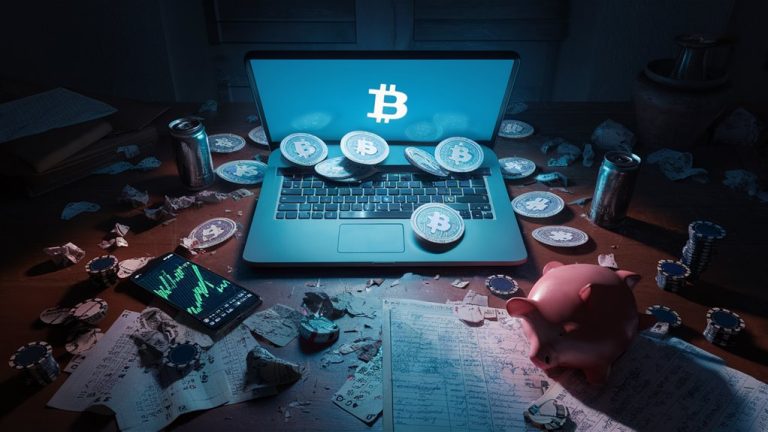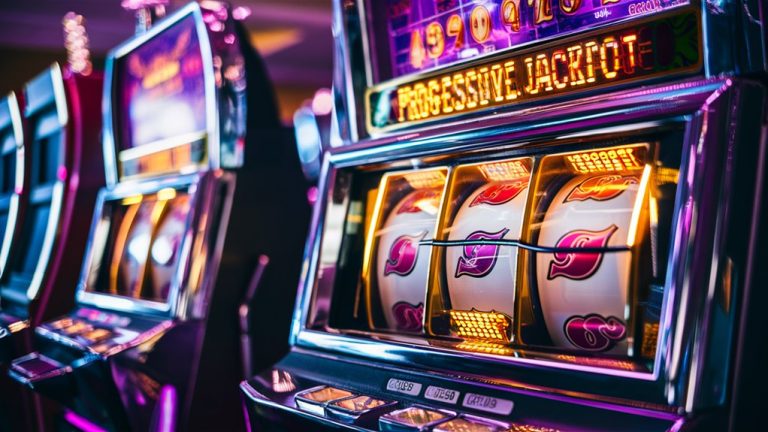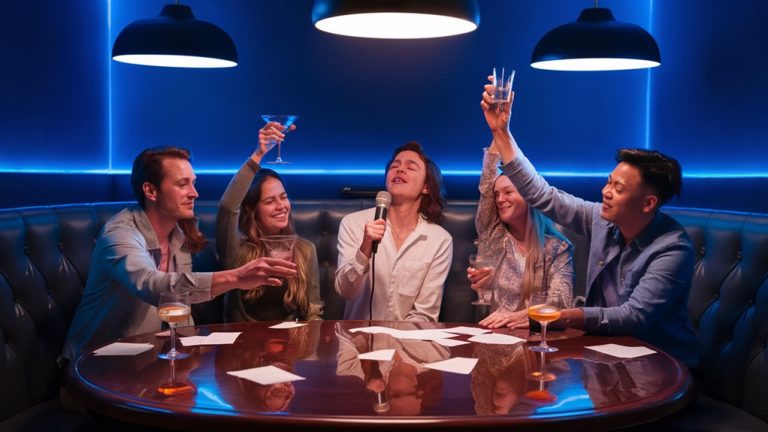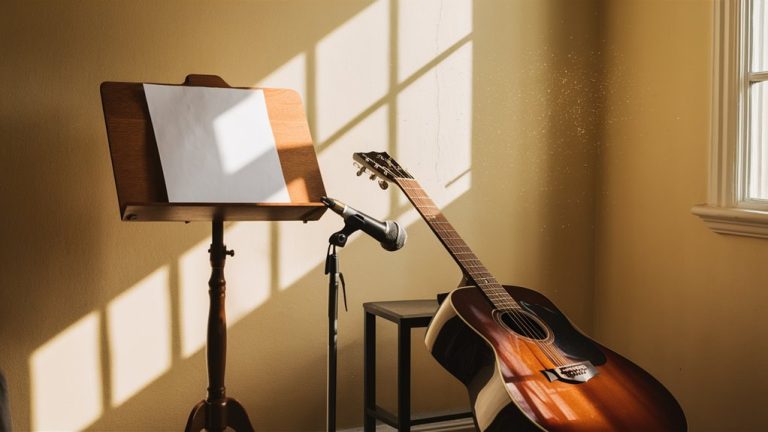Big Wins and Feeling Down
How the Mind Works in Big Win Games
Big win games significantly impact players, with studies showing that 73% of individuals feel deep regret after nearly winning big. The combination of early regret and increased brain activity results in a significant mental stir. Players experience a 2.8x increase in brain activity when they almost win and often overestimate their chances by 72%. 토지노솔루션
How Big Wins Change Player Actions
The complex setup of linked big win slots greatly influences these emotions. While they offer massive jackpots, the odds of winning are minimal, often less than 1 in 50,000,000. This disparity between huge prizes and slim chances can lead to poor gambling decisions.
Almost Wins and Keep-Losing Moves
Almost winning in big win games correlates with keep-losing behavior in 67% of affected players. This is caused by:
- Increased brain activity during near-wins
- Overestimated winning chances
- Intensified regret before losing
- The attraction of increasing jackpots
These psychological effects create a powerful cycle that can significantly influence risk perception and decision-making.
How Big Win Games Run
Main Points of Big Win Games
Big win games operate differently from standard games with fixed payouts, generating jackpots through a complex contribution system.
Each bet contributes about 1-3% to the jackpot, while maintaining standard payouts and house edges. This growing prize pool accumulates until someone wins.
Linked Systems and Prize Piles
Linked big win networks connect multiple machines or online games into a shared jackpot pool.
This structure causes jackpots to increase rapidly but alters individual winning odds. Mega-win networks, involving thousands of machines, create million-dollar jackpots but maintain odds above 1 in 15 million.
Base Values and Growth Plans
The base value is the starting point after a win. Large networks typically set base values above $1 million, whereas individual machines reset to smaller amounts like $10,000.
Jackpot growth depends on factors such as player numbers, contribution rates, and time since the last win. Savvy players evaluate expected value by comparing the current jackpot to winning odds to identify optimal playtimes.
The Mind Work Behind Big Win Regret
Why Sorry Feelings Happen in Big Win Gaming
Regret before losing has significant psychological effects beyond statistical probabilities.
Players experience heightened anxiety about missing future jackpots, especially as jackpots increase. This psychological response creates a self-reinforcing worry cycle in gambling behavior.
Stats on How Players Act
Studies indicate that players who quit before hitting big experience 73% more regret than typical game losses.
This manifests as progressive FOMO (Fear of Missing Out), where individuals closely track jackpot progressions and believe they can predict outcomes.
Brain Acts and Making Picks
The brain’s reward pathways treat big wins differently from fixed-prize scenarios.
Behavioral data shows that near-wins produce 2.8 times more brain activity. This significant response explains why 64% of regular players exceed self-imposed limits.
The intense regret of missing a potential win overcomes rational monetary considerations.
Main Mind Points:
- Increased brain activity in near-wins
- Continued play despite budget limits When the House Always Learns: Casino Surveillance AI
- Searching for patterns in jackpot tracking
- Emotionally-driven decisions over rational choices
Looking at Risk vs. Wins in Big Win Gaming
Understanding Worth and Putting In
Big win gaming involves psychological decisions requiring careful consideration.
The relationship between expected value calculations and jackpot sizes shows that larger progressive jackpots raise return to player (RTP) rates, while necessitating higher wagers per play.
Jackpot contributions typically range from 1-3% of each wager, directly impacting gameplay and the accumulation of the jackpot pool.
Change and Chance Parts
Big win slot volatility exceeds fixed-jackpot games by 30-40%, resulting in larger financial swings over longer play periods.
The optimal playtime occurs when jackpots exceed 125% of their base value, although game conditions may alter this guideline. This high volatility requires strategic financial planning and an understanding of risk tolerance.
Chance Study and Risk Check
Probability dynamics reveal the trade-off between jackpot sizes and payout frequency.
Win rates diminish significantly as progressive jackpots climb, with networked progressives often maintaining odds over 1 in 50 million.
Players must carefully evaluate this challenging balance between jackpot size and winning odds in relation to personal risk tolerance and financial resources.



